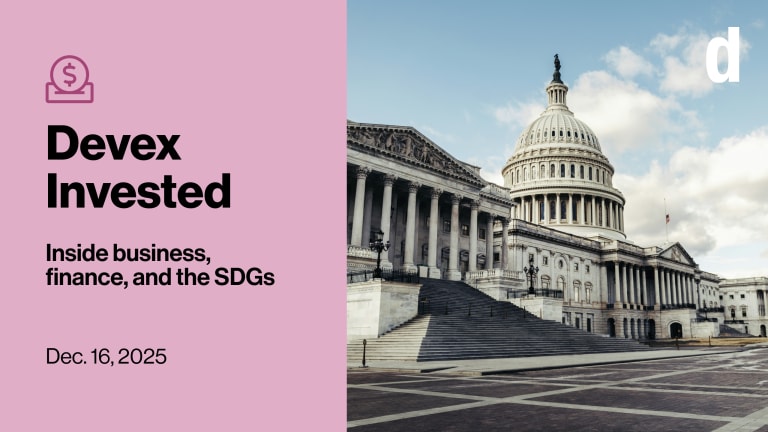MANILA — The Asian Development Bank’s board of directors approved a new multibillion-dollar financing mechanism early this month that’s designed to help member countries both prepare for and respond to disasters.
The contingent disaster financing, which will have as much as $4 billion in available financing from the bank’s different funding windows, is meant to cover disasters brought about by natural phenomena such as earthquakes, droughts, flooding, typhoons, and tsunami. It can be a quick resource for countries, “likely within days,” when a disaster hits, said Tomoyuki Kimura, ADB director-general of the strategy, policy, and review department.
Contingent disaster financing, or CDF, he said, supports the bank’s “Strategy 2030” operational priorities of tackling climate change, building climate and disaster resilience, and enhancing environmental sustainability. It is also in line with the bank’s commitment to support the Sendai Framework for Disaster Risk Reduction by integrating disaster risk management into its member countries’ development plans and budgets, he added.
This story is forDevex Promembers
Unlock this story now with a 15-day free trial of Devex Pro.
With a Devex Pro subscription you'll get access to deeper analysis and exclusive insights from our reporters and analysts.
Start my free trialRequest a group subscription







